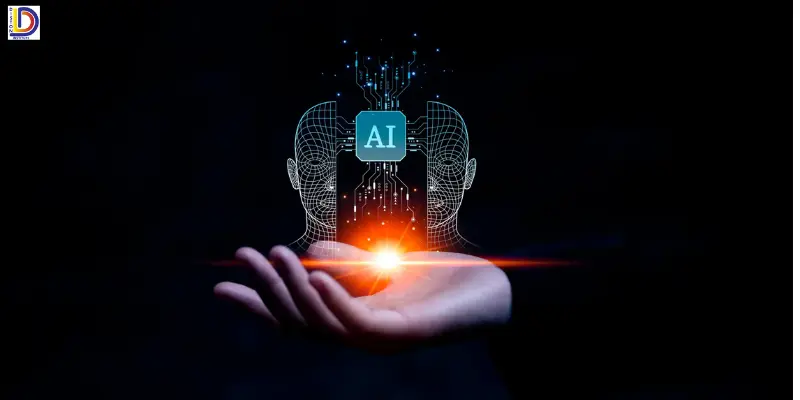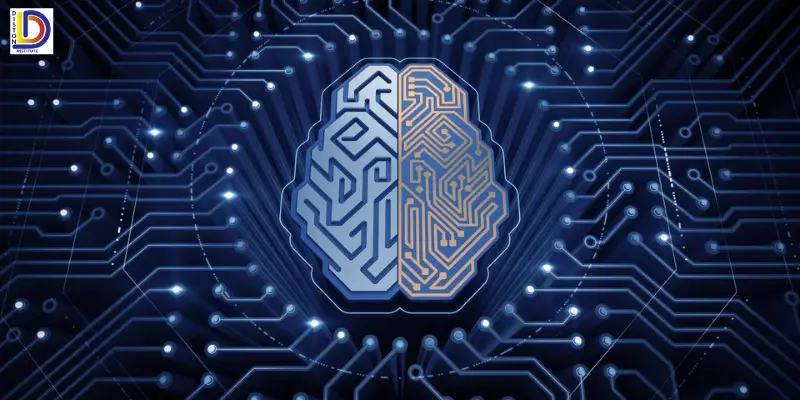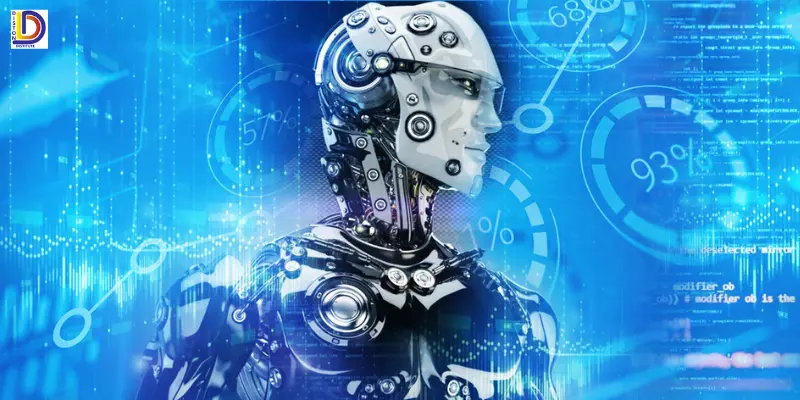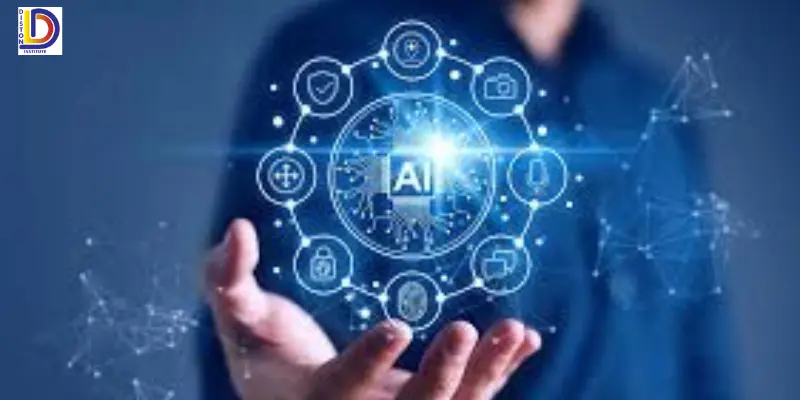Artificial intelligence (AI) is rapidly transforming our world, bringing both exciting opportunities and significant challenges. Here’s a breakdown of the pros and cons of artificial intelligence:
Pros of Artificial Intelligence:
Enhanced Efficiency and Productivity:

One advantage is enhanced efficiency and productivity. AI excels at automating repetitive tasks, analyzing data, and performing complex calculations. This allows human workers to focus on more creative and strategic endeavors, as well as tasks that require social intelligence. In the manufacturing industry, AI can optimize production lines, manage inventory, and even predict maintenance needs.
Improved Decision-Making :
Another benefit is improved decision-making. AI has the ability to analyze vast amounts of data and identify patterns and trends that humans may overlook. This empowers businesses and organizations to make data-driven decisions in areas such as finance, healthcare, and scientific research. For example, AI can assist in risk assessment and fraud detection in finance, personalized medicine and early disease detection in healthcare, and drug discovery and personalized treatment plans in scientific research.
Reduced Risk and Errors:
Artificial Intelligence also contributes to reduced risk and error. Robots powered by AI can perform tasks in hazardous environments or with high precision, minimizing human risk and error. For instance, AI-powered medical imaging analysis can assist doctors in accurately identifying diseases.
24/7 Availability and Scalability:
Furthermore, Artificial Intelligence systems offer 24/7 availability and scalability. They can operate continuously without breaks, providing uninterrupted services like customer support chatbots or automated factory lines. Additionally, AI systems can easily be scaled up or down to meet changing demands.
Personalized Experiences:

Artificial Intelligence algorithms also enable personalized experiences. They can personalize products, services, and recommendations based on individual user data and preferences. This is evident in e-commerce platforms suggesting products based on your interests or streaming services recommending shows based on your viewing history.
Scientific Research:
Artificial Intelligence is driving advancements in various fields. In scientific research, AI can analyze vast datasets and run simulations to accelerate discovery. In transportation, self-driving cars powered by AI have the potential to revolutionize the industry, making it safer and more efficient. Additionally, AI can be utilized in modeling climate scenarios and developing strategies for mitigating and adapting to climate change.
Overall, AI technology offers a wide range of benefits and has the potential to greatly impact various industries and fields.
Cons of Artificial Intelligence
Job Displacement and Reskilling Challenges:

Automation due to Artificial Intelligence could result in significant job losses in sectors with repetitive tasks, such as manufacturing, data entry, and transportation. While new jobs will emerge in AI development and related fields, there is a concern about the rate of job creation compared to job displacement. Reskilling and retraining programs will be essential to ensure a smooth transition for workers.
Ethical Concerns:
Artificial Intelligence algorithms have the potential to perpetuate biases found in the data they are trained on, leading to discriminatory outcomes in areas like loan approvals, hiring decisions, or criminal justice algorithms. Addressing fairness and transparency in AI development and deployment is crucial.
Lack of Creativity and Empathy:
Current AI struggles with tasks that require human-like creativity, emotional intelligence, and social skills. AI systems are unable to grasp the subtleties of human interaction or navigate complex social situations. This limits their effectiveness in areas such as customer service, education, or therapy.
Security Risks:
AI systems may be susceptible to hacking or manipulation, potentially resulting in harm or disruption. Malicious actors could exploit vulnerabilities in AI-powered systems for cyberattacks, financial fraud, or autonomous weapon control. Strong cybersecurity measures are necessary to mitigate these risks.
Cost and Complexity:

The development and implementation of advanced AI systems can be costly. The infrastructure, computational power, and expertise needed for cutting-edge AI pose significant barriers, potentially restricting access for smaller companies or developing nations.
Over-reliance on AI and Lack of Human Oversight:
Relying too heavily on AI for decision-making could lead to a lack of critical thinking and human oversight. It is crucial to find a balance between utilizing AI’s capabilities and maintaining human control over its applications, especially in areas with ethical implications.
Conclusion
The potential of AI to make a positive impact is undeniable. However, it is crucial to navigate the challenges and ensure responsible development. It is important to continue researching areas such as explainable AI (XAI), addressing bias in algorithms, and developing robust safety protocols. These efforts will be essential in building trust and maximizing the benefits of AI for society. By fostering a collaborative approach, we can work towards a future where AI is used ethically and effectively.
